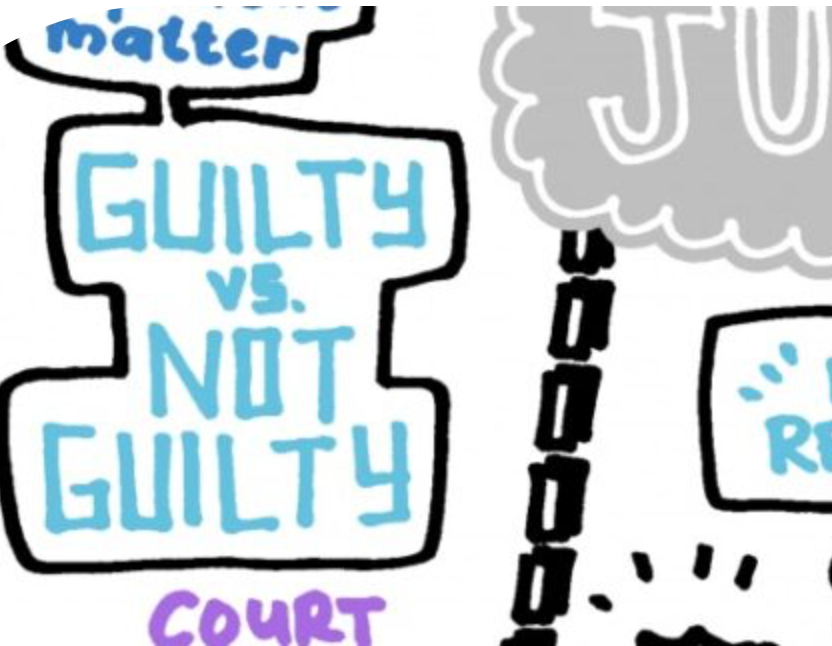
News: Investment announced for new Bairns’ Hoose test sites across Scotland
Posted 02.06.23 by Alice Hinds
New funding has been announced to establish Bairns’ Hoose test sites across Scotland, providing “coordinated, comprehensive support under one roof” for children and young people in the justice system.
Informed by the Barnahus model, which was first developed in Iceland, local authorities, health boards, the Police and third sector organisations will partner to apply for a share of the new £6 million fund for 2023-24, establishing safe spaces where children, as victims and witnesses, can access a range of trauma-informed support.
Currently, according to Children 1st (click here for more), children involved in a crime may have to relive what has happened to them up to 14 times, speaking with different people in different settings, including police, social workers, doctors and nurses. Sometimes this happens without a family member or loved present, adding to the trauma of being a victim or witness of crime.
Implemented as a key action from The Promise (click here for more), and underpinned by the United Nations Convention on the Rights of the Child (UNCRC), the Bairns’ Hoose model ensures therapeutic support, child protection, recovery and justice services are available in one place.
Available support will include Police and social work-led joint investigative interviews, including deployment of the new Scottish Child Interview Model, health and wellbeing assessments, and counselling services for both the child and wider family.
The fund is expected to enable five multi-agency test sites to be created, with learning providing a blueprint for a full pilot of Bairns’ Hoose in 2025.
Minister for Children, Young People and Keeping the Promise, Natalie Don said: “The creation of Bairns’ Hoose is a key action in Keeping the Promise and I would like to pay tribute to the determination and resilience to everyone who has contributed their expertise and time to help bring the Barnahus model to Scotland.
“The experiences of the children who will access Bairns’ Hoose are in many cases absolutely appalling and ones which nobody, let alone a child, should have to go through.
“This funding marks a significant step in the development of Bairns’ Hoose in Scotland, and offers us a chance to provide wrap around care, recovery and justice for children in a way which best responds to their trauma, needs and circumstances.”
Last year, Children in Scotland joined a partnership, led by Children 1st, calling for the development of a Barnahus model in Scotland, and our Manifesto for 2021-26 (click here for more) includes a call for political parties to commit to learning from the findings of the Scottish Barnahus pilot.

